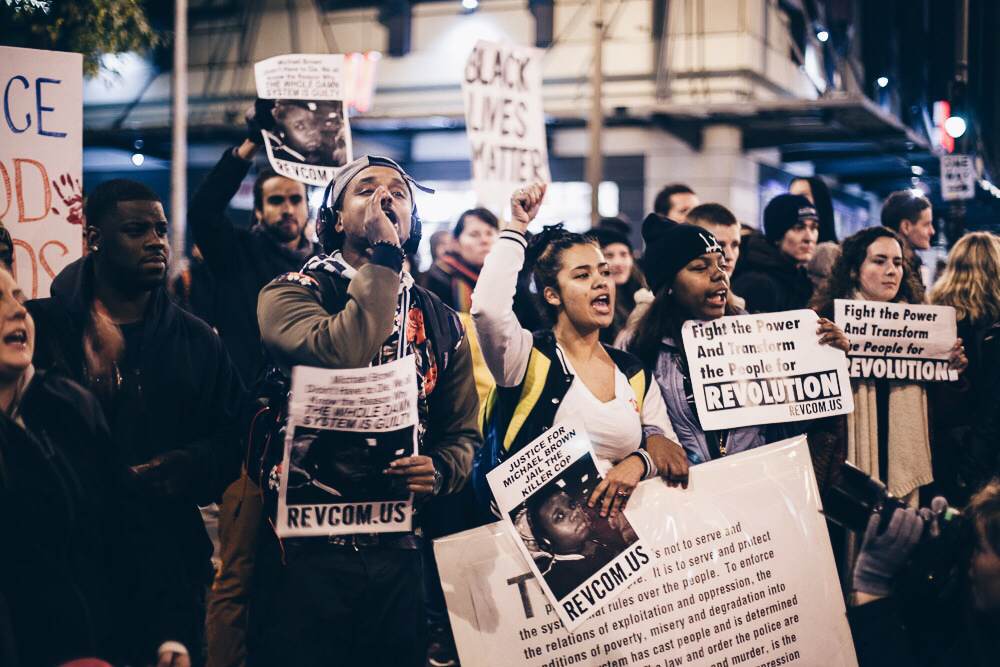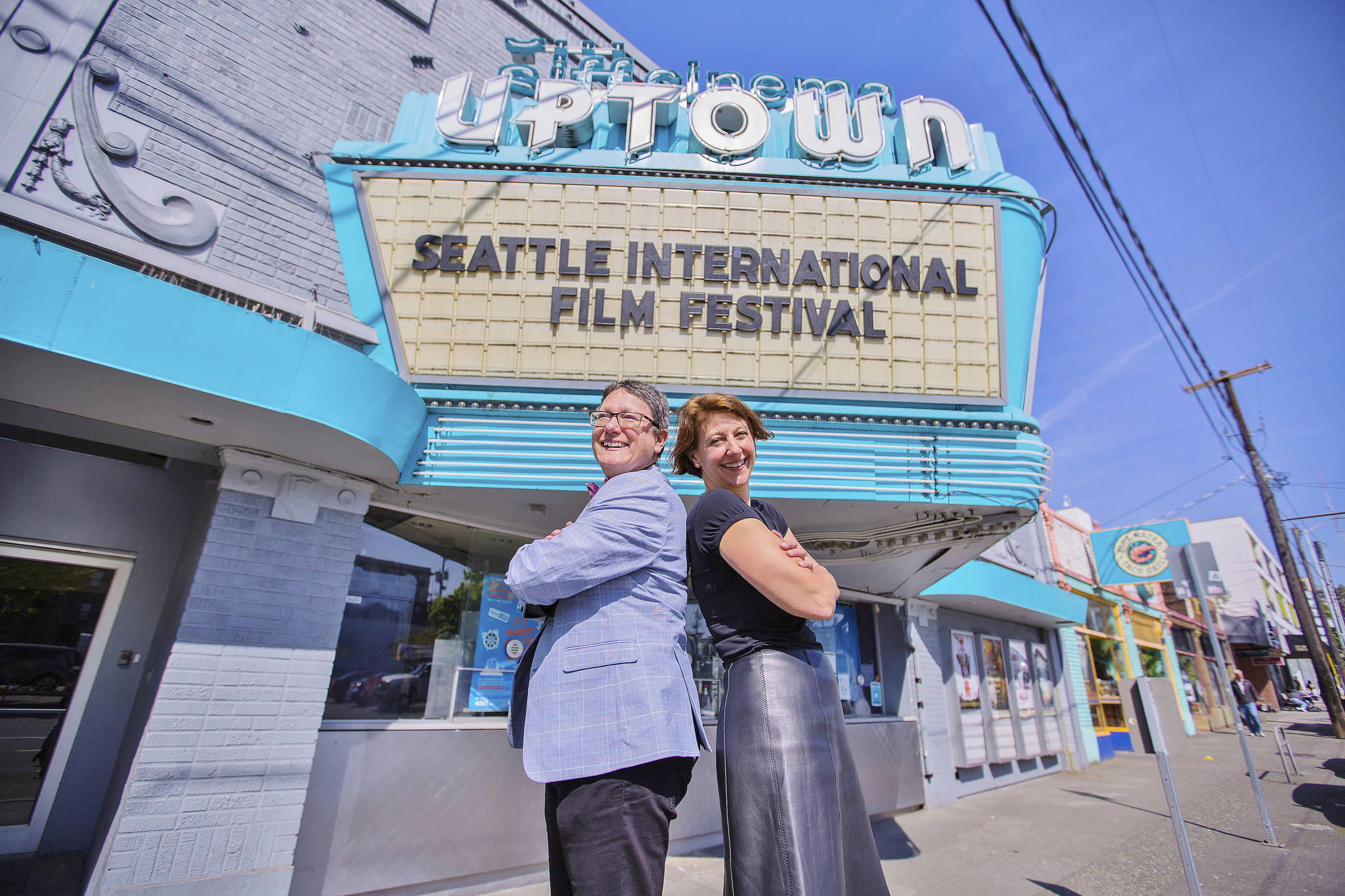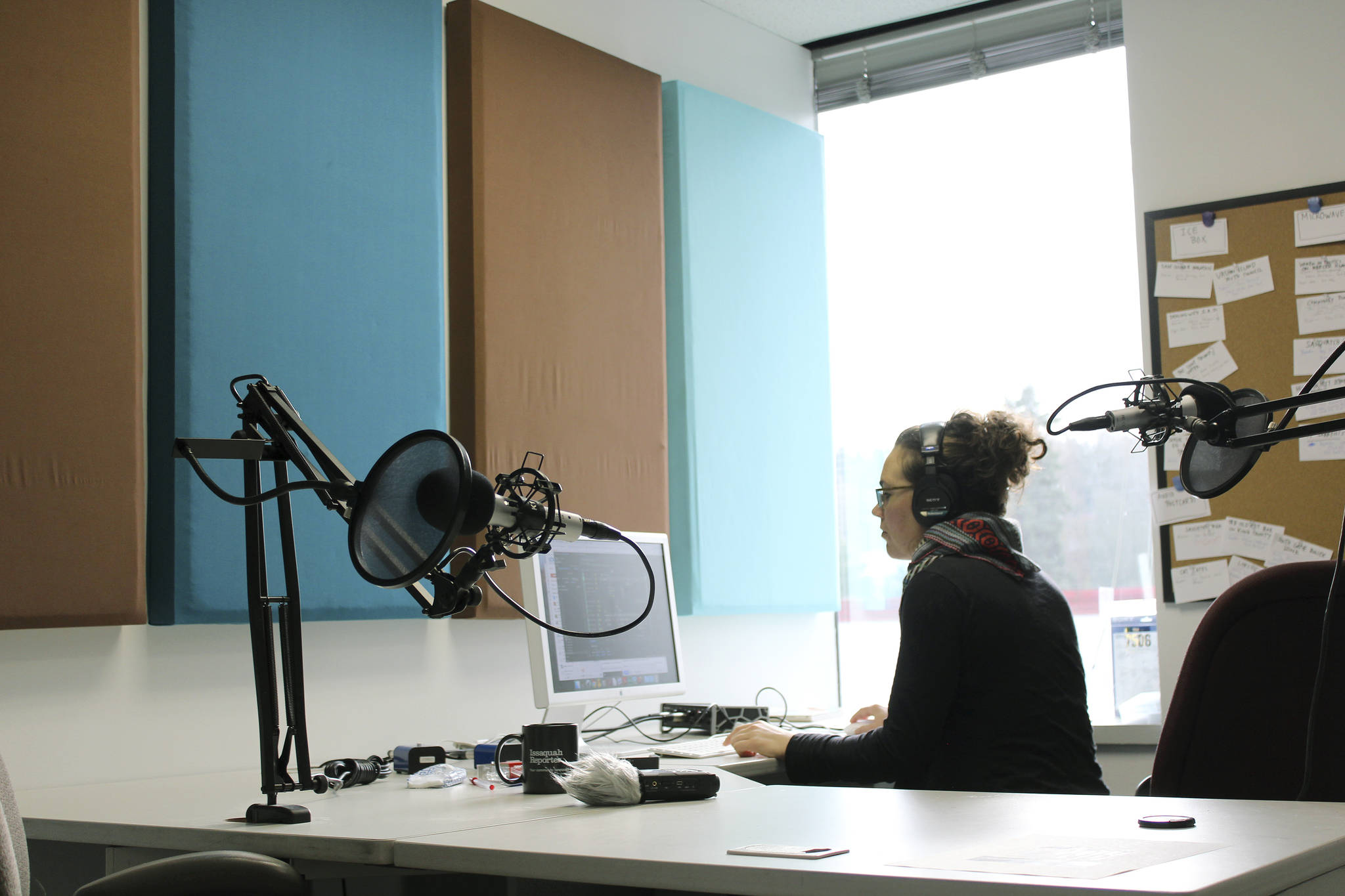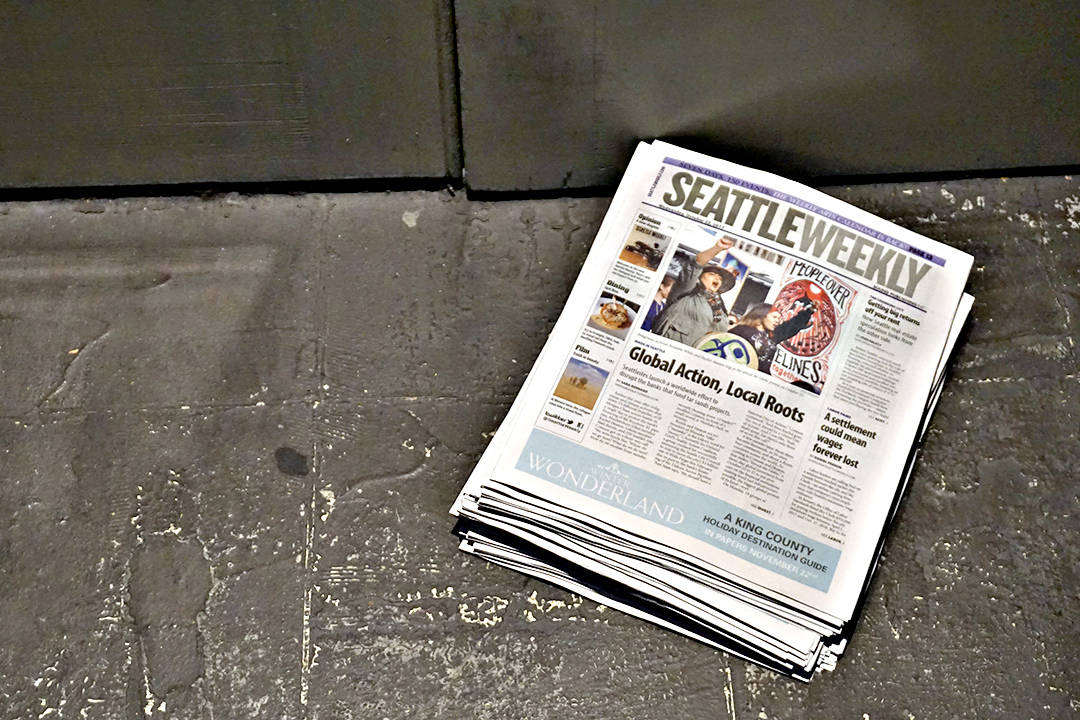Seattle was up late Monday night following the announcement that a grand jury in Missouri elected not to indict the white police officer who killed an unarmed black teenager in the streets of Ferguson. Protestors who saw a grave injustice in the decision marched from Westlake Park—where they staged a die-in—to Seattle Central Community College, and then later to I-5, where they stalled traffic for a time. But what comes after all the shouting? There have been indications that this could be the beginning of a positive change. But what do we do now to help enact that change? We asked some leaders for concrete suggestions.
Acknowledge This is a critical moment that cannot be squandered, says Rachael DeCruz, communications chair of the King County NAACP. The first step toward curtailing events like the one in Ferguson is to recognize what is at its heart. “We need to acknowledge that this is an issue about race,” she says. “We need to come to terms with the fact that our criminal-justice system was built on and continues to operate on a legacy of racism, targeting communities of color and, in particular, young black men.”
Legislate There is a major role for elected officials to address this institutional racism, says newly elected state Senator Pramila Jayapal, who represents the socially and economically diverse 37th District. “Part of it is turning these big institutions of the city and the state to focus on people who are falling through the cracks,” she says, acknowledging that the problem is multilayered. Also of concern, she says, is law enforcement. “I’m interested to know if there is a role for state government to play around de-escalation training and mandating a certain set of steps someone has to go through before they can use a gun,” she says. “I’m starting the process of looking at that.”
Respect There will likely be more shootings and more grand juries in at least our near future. When those decisions are handed down, says Gregory Davis, it’s important that they be handled with more consideration than what was on display in Missouri. “In terms of the announcement at night, the positioning of force—all of that is trauma-inducing,” says Davis, who sits on the steering committee for Rainier Beach Moving Forward. “I wouldn’t have had it in the courtroom, wouldn’t have had the prosecuting attorney up there solo. There could have been African-American community elders there. And they could have not had the folks out in the cold waiting for the decision.”
mbaumgarten@seattleweekly.com








